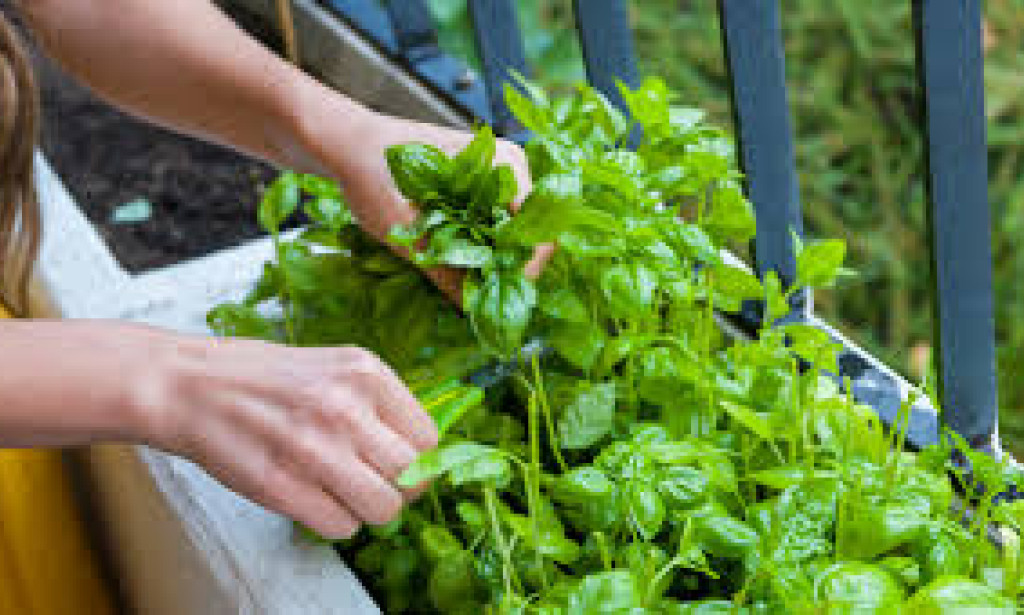Simple Steps to a Sustainable and Eco-Friendly Lifestyle
Sustainability is no longer just a trend—it’s a necessity. With climate change, pollution, and resource depletion threatening our planet, it’s crucial to adopt an eco-friendly lifestyle. The good news? Small, consistent changes can make a significant impact. Whether you’re looking to reduce waste, conserve energy, or make sustainable choices in your daily life, this guide will help you take meaningful steps toward a greener future.

1. Reduce, Reuse, Recycle
One of the simplest ways to be more eco-friendly is by following the 3R principle:
- Reduce: Cut down on unnecessary consumption. Buy only what you need, choose products with minimal packaging, and avoid single-use plastics.
- Reuse: Opt for reusable bags, bottles, and containers instead of disposable alternatives. Repair and repurpose old items instead of discarding them.
- Recycle: Properly sort and dispose of recyclable materials like paper, glass, and plastic. Support brands that use recycled materials in their products.

2. Conserve Energy and Water
Using less energy and water helps reduce your environmental footprint while saving money.
- Energy Conservation Tips:
- Switch to energy-efficient LED bulbs.
- Unplug electronics when not in use.
- Use smart thermostats to regulate heating and cooling.
- Choose energy-efficient appliances.
- Water Conservation Tips:
- Take shorter showers.
- Fix leaks and dripping faucets.
- Use water-efficient appliances and fixtures.
- Collect rainwater for gardening

3. Choose Sustainable Transportation
Transportation is one of the largest sources of carbon emissions. Opt for greener alternatives when possible:
- Walk or bike for short trips.
- Use public transportation instead of driving.
- Carpool with friends, family, or coworkers.
- Consider switching to an electric or hybrid vehicle.
- Work remotely when possible to reduce commuting emissions.
4. Adopt an Eco-Friendly Diet
What we eat has a direct impact on the environment. Making mindful food choices can significantly reduce your carbon footprint.
- Eat More Plant-Based Foods: Plant-based diets require fewer resources and produce fewer greenhouse gas emissions.
- Choose Locally Sourced Foods: Support local farmers and reduce the carbon footprint of food transportation.
- Reduce Food Waste: Plan meals, store food properly, and compost leftovers instead of discarding them.
- Buy Organic and Seasonal Produce: Organic farming practices are better for the soil and overall ecosystem.

5. Use Sustainable Products
Switching to eco-friendly products helps reduce pollution and waste.
- Personal Care: Use natural, biodegradable soaps, shampoos, and cosmetics. Look for cruelty-free and sustainable brands.
- Cleaning Products: Opt for non-toxic, eco-friendly household cleaners or make your own with vinegar, baking soda, and essential oils.

6. Support Green Energy
Transitioning to renewable energy sources reduces our reliance on fossil fuels.
- Switch to Green Energy Plans: If possible, choose an energy provider that offers wind, solar, or hydroelectric power.
- Install Solar Panels: Although an initial investment, solar panels can significantly reduce your long-term energy costs.
- Use Energy-Saving Habits: Turn off unnecessary lights, use energy-efficient appliances, and avoid overusing heating and cooling systems.

7. Reduce Plastic Waste
Plastic pollution is a major environmental crisis. Take steps to minimize your plastic use:
- Carry a reusable water bottle and coffee cup.
- Say no to plastic straws, utensils, and bags.
- Buy products with minimal or biodegradable packaging.
- Support businesses that offer plastic-free alternatives.

8. Grow Your Own Food
Starting a small home garden is a great way to eat healthier while reducing your environmental impact.
- Grow Herbs and Vegetables: Even a small balcony or windowsill can support a herb garden.
- Compost Organic Waste: Composting food scraps reduces landfill waste and creates nutrient-rich soil.
- Avoid Pesticides: Use natural pest control methods to keep your garden eco-friendly.

9. Embrace a Minimalist Lifestyle
Living with less reduces waste, saves money, and promotes sustainability.
- Declutter Responsibly: Donate or recycle items instead of throwing them away.
- Buy Quality Over Quantity: Invest in durable, high-quality items that last longer.
- Prioritize Experiences Over Material Goods: Focus on meaningful activities instead of excessive shopping.

Creating a sustainable future requires collective effort. Spread awareness and encourage others to adopt eco-friendly habits.
- Share sustainability tips with friends, family, and social media networks.
- Support and participate in community clean-ups or environmental initiatives.
- Educate children about the importance of protecting the planet.

Conclusion
Sustainability and eco-friendly living are about making conscious choices that benefit the planet and future generations. While big changes may seem overwhelming, starting with small, consistent steps can lead to a significant impact over time. Whether you choose to reduce waste, conserve energy, or support ethical brands, every effort counts. By embracing an eco-friendly lifestyle, you’re not just protecting the environment—you’re also improving your own health and well-being.


You must be logged in to post a comment.